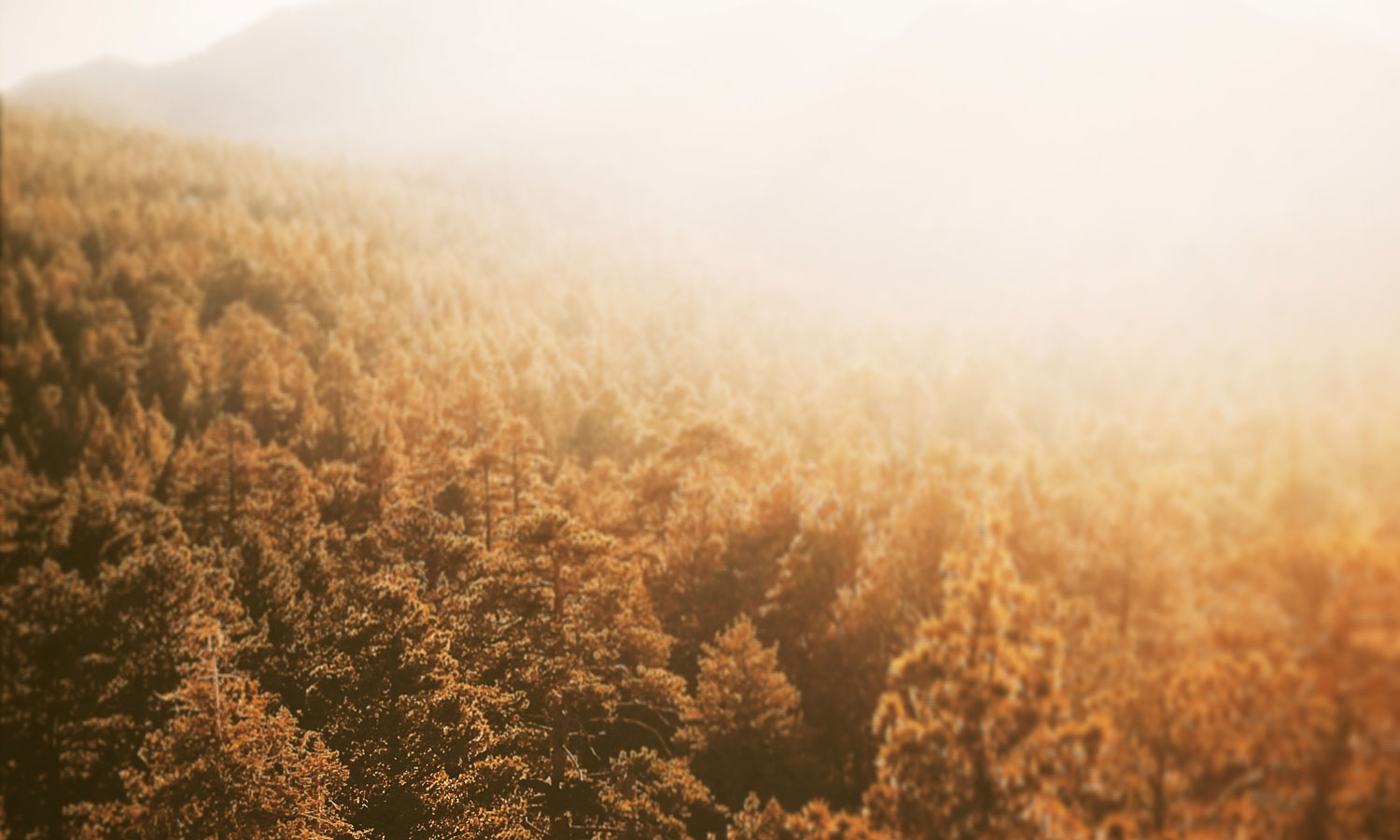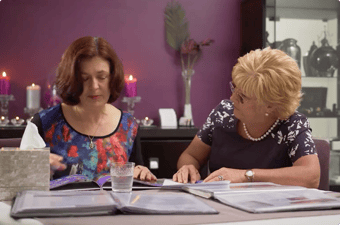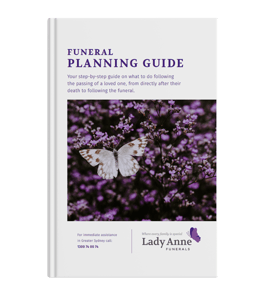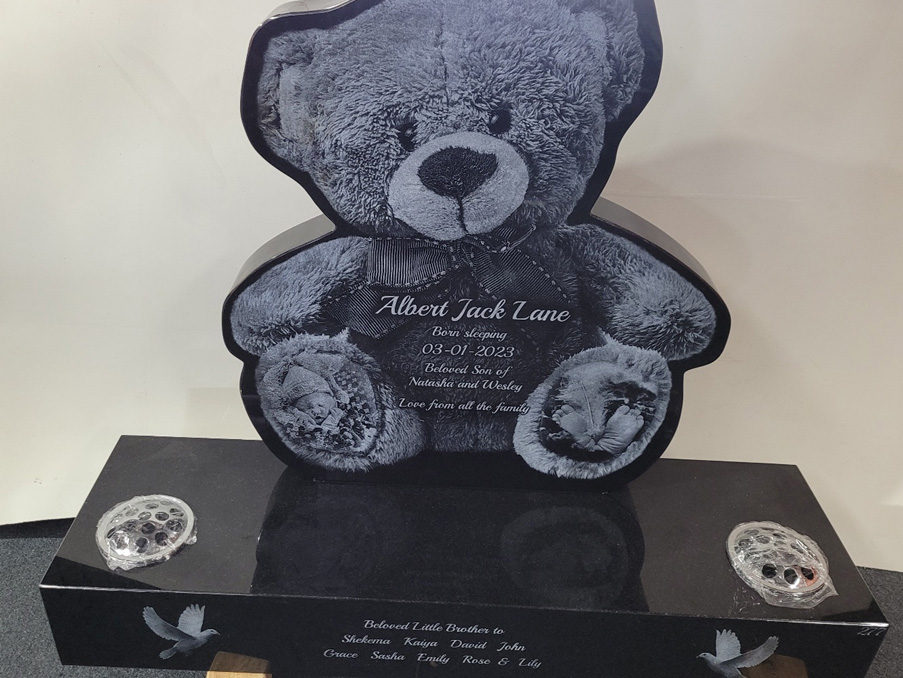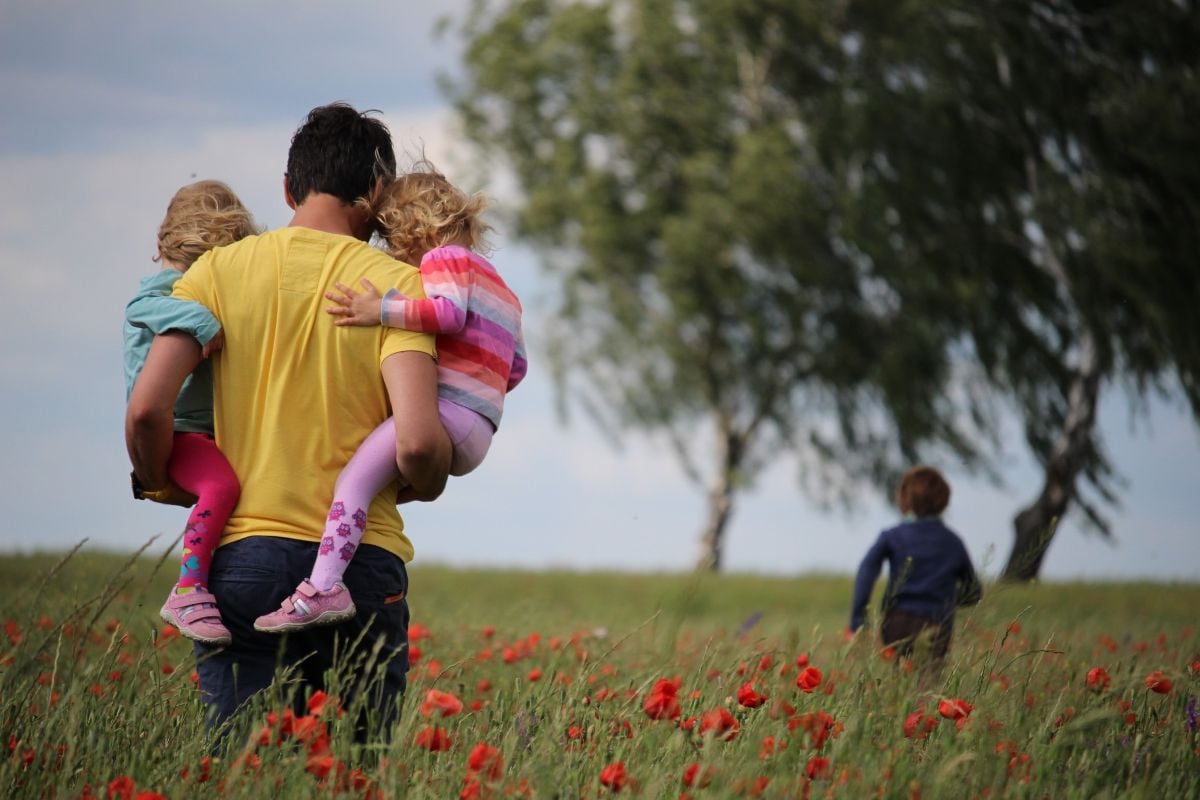In a world leaning towards sustainable choices, Australians are increasingly considering green funerals - in other words: natural funerals, and eco burials. These eco-friendly alternatives respect the planet as they pay tribute to departed loved ones. As interest grows, so does the availability of natural funeral options.
Here, we’ll go over exactly what makes a funeral ‘green’ and how you might go about planning one.
What Are Green Funerals?
Green funerals, often called 'natural' or 'eco-funerals', focus on sustainability, using biodegradable materials and avoiding harmful chemicals. This ensures that the farewell doesn't harm the Earth, and a welcome by-product of that is that they are generally more affordable than a traditional funeral.
Not only that, green funerals make for a beautiful and fitting way to reintegrate our bodies with the Earth. Some features of a green funeral you might encounter are:
- Eco-friendly Coffins: Often made from biodegradable materials like bamboo, wicker, or cardboard.
- No Embalming: Skips the use of chemicals, opting for natural decomposition.
- Natural Burial Grounds: Use of designated eco burial sites that allow for natural return to the earth.
- Simplified Grave Markers: Preference for markers like native trees, shrubs, or engraved stones over traditional headstones.
- Reduced Carbon Footprint: Leveraging local services and materials to minimize transportation and emissions.
- Organic Shrouds: Use of natural fibres and materials for wrapping the deceased.
- Minimalist Ceremonies: Often conducted in natural settings, reducing the need for artificial decor and energy consumption.
- Avoidance of Non-biodegradable Materials: Omission of plastics and certain metals in burial.
- Eco-friendly Transport: Consideration for transportation methods that reduce environmental impact, like horse-drawn hearses or electric vehicles.
Why Consider an Eco or Natural Funeral?
There are many reasons to consider a green funeral over a traditional funeral. The top three drivers are likely to be:
- You may feel an environmental responsibility to reduce your carbon footprint.
- Natural funerals are personal, peaceful and often take place in a natural setting.
- They are also cost-effective, as they don’t require expensive caskets/coffins or processes that normally attract a higher fee.
Natural Burial Grounds in NSW
Just as important as the ceremony itself, so is the final resting place. New South Wales, Australia is home to several burial grounds that not only offer a serene resting place but also prioritise sustainability and eco-friendly practices.
These grounds ensure that the impact on the environment is minimal, aligning with the principles of green, eco, and natural funerals. The table below highlights some of the prominent eco burial grounds close to Sydney, but there are many throughout Australia.
|
Cemetery name |
Location |
Features |
|
Blue Mountains |
Memorial trees for the interment of ashes in biodegradable urns. |
|
|
Ryhope, Hunter Valley |
Memorial rocks for natural burials and the interment of ashes in biodegradable containers. Hand dug graves (not machine dug). |
|
|
Shoalhaven, Nowra |
Lawn burials, memorial gardens for the interment of cremated remains with small monuments. |
|
|
Frenchs Forest, Northern Beaches |
Lawn burials for the interment of ashes. |
|
|
Kemps Creek, Western Sydney |
Sydney’s first natural burial field. Bodies prepared without chemical preserves, or the interment of ashes in biodegradable containers. No formal headstones/monuments - GPS marked graves. |
|
|
Lismore, Northern Rivers |
Natural burials and interment of ashes. Natural stone plaques. |

Stone memorial in a natural burial site
Green and Natural Coffins and Caskets
When we think about green, eco, and natural funerals, the coffin or casket becomes a central element in ensuring the entire process remains earth-friendly. Traditional options, while elegant, often involve materials and processes that can be harmful to the environment.
Green and natural coffins and caskets are designed with sustainability at their core. Crafted from materials that return to the earth without causing harm, these choices not only symbolise a respect for the departed but also a respect for nature. Whether made from bamboo, wicker, or untreated wood, these coffins and caskets stand as a testament to an eco-conscious farewell and are a beautiful, minimal choice - particularly when the ceremony is in a natural setting.
Here are some popular options:
|
Material |
Typical Decomposition Time |
Environmental Impact |
|
Wicker |
1-5 years |
Hand-woven from sustainable willow, biodegradable and has a minimal carbon footprint. |
|
Cardboard |
Less than a year |
Made from recycled materials, biodegradable and leaves minimal residue. |
|
Bamboo |
1-4 years |
Rapidly renewable resource, biodegradable, and eco-friendly. |
|
Untreated Wood |
10-40 years (varies based on wood type) |
Natural, no chemicals, biodegradable, sourced from sustainable forests. |
|
Wool |
5-10 years |
Organic material, biodegradable, sourced sustainably. |
|
Banana Leaf |
1-3 years |
Renewable resource, biodegradable, and leaves minimal environmental impact. |

Cost of a Natural Funeral vs Traditional Funeral
When considering a farewell for a loved one, the financial aspect, while delicate, is inevitably part of the conversation. As society shifts towards more sustainable choices, many wonder how the costs of natural funerals compare to those of traditional ones.
Here are some of the costs associated with traditional funerals, and how they compare to natural funerals:
|
Funeral Cost |
Traditional |
Natural |
|
Coffins and Caskets |
Typically made of expensive woods or metals, can be costly. |
Eco-friendly materials like bamboo or cardboard tend to be more affordable. |
|
Embalming |
Embalming fees add to costs, involving chemicals for body preservation. |
Often skipped, reducing both monetary and environmental costs. |
|
Burial Plots |
Conventional cemeteries have landscaping/maintenance fees, increasing plot costs. |
Natural burial grounds may have reduced costs due to minimal maintenance. |
|
Grave Markers |
Granite or marble headstones are standard and can be pricey. |
Simple markers like engraved rocks or native plants are more cost-effective. |
|
Memorial Services |
Venue and decor fees can add up, especially in elaborate settings. |
Natural settings often reduce decor costs, leveraging nature's beauty. |

The rising popularity of Natural Funerals
- Interest in green, eco, and natural funerals has surged according to Google search trends.
- The Australian Seniors Cost of Death Report revealed that modern funerals are “twice as likely to be environmentally-friendly than not (50.2% vs 25.4%)”.
- Most funeral homes report increased inquiries about natural and eco funeral options.
Interested in discussing a Green Funeral?
Eco funerals, green funerals, and natural burials are a testament to our evolving relationship with nature.
We can assist you in all aspects of funeral planning. Whether you’d like to prepay a funeral in advance, or plan the funeral of a loved one, get in touch with our Sydney-based lady funeral team and start thinking about how you can integrate sustainability into the end of life.

